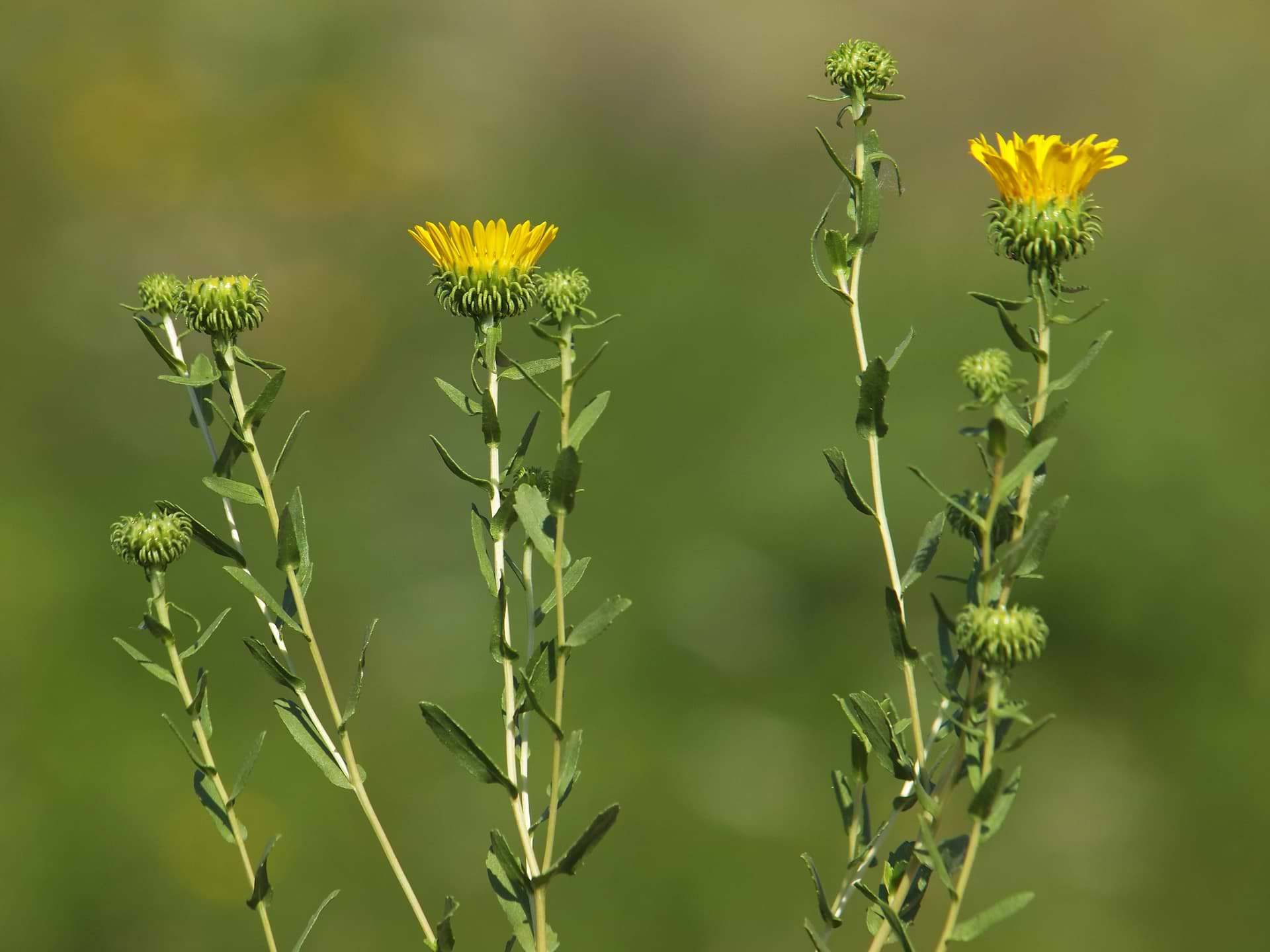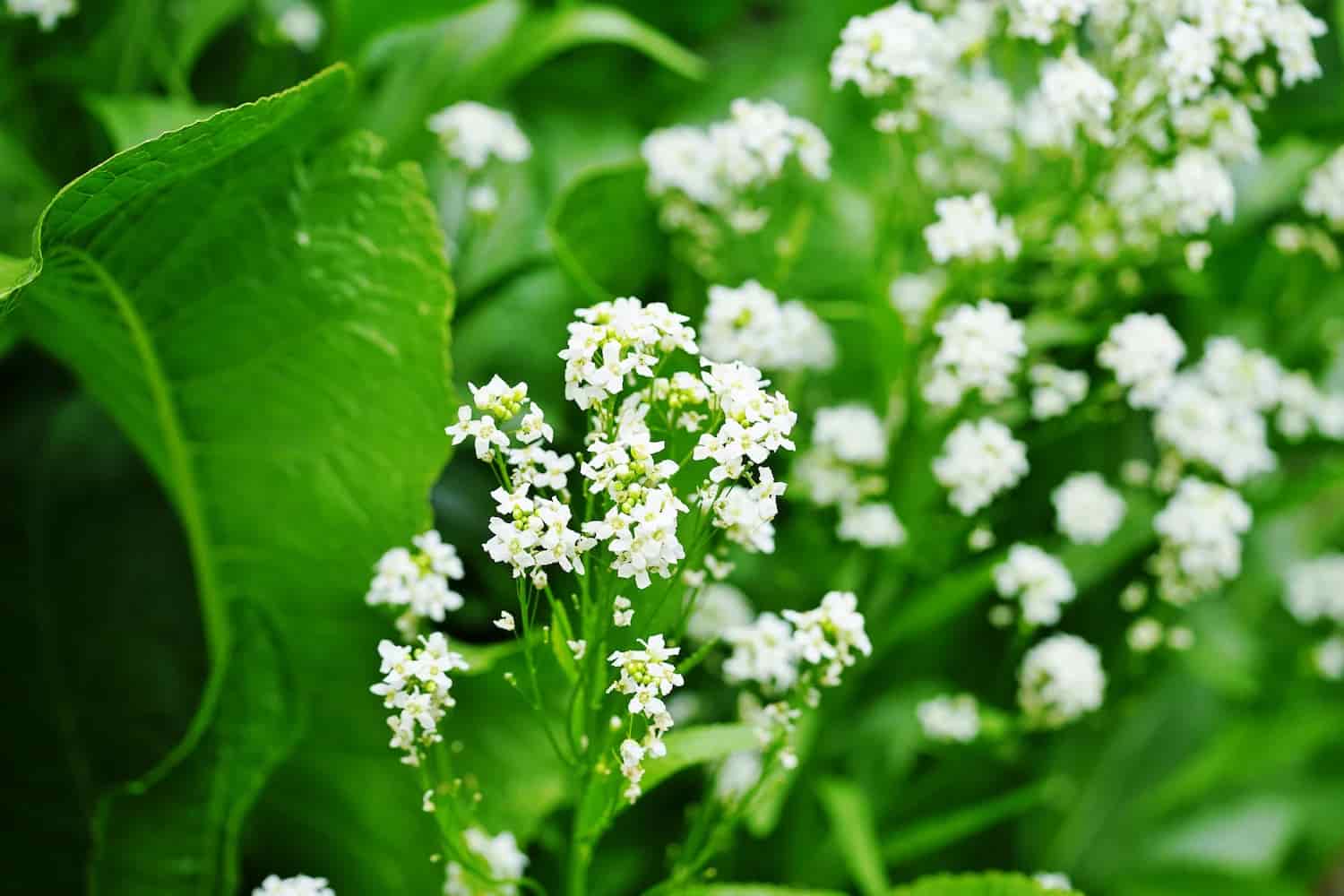Like clockwork, sinus issues seem to flare up every year. This annual affliction leaves countless people sniffling, congested, and downright miserable.
Whether due to seasonal allergies, environmental exposure, or underlying food intolerance, sinus discomfort can seriously impact your mood and productivity. But what exactly do your sinuses do, and how can you better manage these pesky issues?
Let’s walk through the purpose of sinuses, common triggers for sinus problems, and practical herbal remedies for allergies so you can breathe better and feel more empowered in managing your wellness.
What Do Sinuses Do?
To appreciate what’s happening when your sinuses act up, it’s important to understand their function. Sinuses are more than just hollow voids in your skull; they are dynamic anatomical structures that serve several key purposes:
-
Lightweight Support: These air-filled cavities help lighten the load of your head, which weighs roughly 11 pounds.
-
Humidifiers and Heaters: Sinuses warm and add moisture to the air you breathe, making it less harsh on your respiratory system.
-
Voice Resonance: They amplify and add richness to your voice, acting like a natural sound box.
-
Defense System: Lined with mucous membranes, they capture and filter out germs and allergens before the air reaches your lungs.
There are four sets of paired sinuses (ethmoid, maxillary, frontal, and sphenoid), each developing at different stages of life. Together, they contribute greatly to your everyday wellness… or discomfort, if they’re overwhelmed – when these structures are overwhelmed, it can lead to symptoms such as facial tenderness and chronic discomfort.
Common Causes of Sinus Discomforts
When you experience nasal congestion or your sinuses start dripping uncontrollably, the underlying causes may vary depending on whether the condition is acute, chronic, or linked to environmental exposure.
Acute Issues
Acute sinus issues often arise due to short-term factors such as the common cold. These may self-resolve in about 7-10 days. They can make life uncomfortable while they last, however.
Chronic Issues
Chronic sinus issues tend to linger for weeks or even months. Common triggers for chronic sinus conditions include:
-
Seasonal or year-round allergies (e.g., pollen, dust mites, pet dander)
-
Food intolerances (common culprits are gluten and dairy)
-
Prolonged environmental exposure
-
Mold
-
Secondhand smoke
-
Strong fragrances like perfumes or cleaning agents
-
Chemical irritants
Once you pinpoint the triggers behind your sinus discomfort, you can work toward a personalized relief strategy.
Natural Herbal Remedies to Support Your Sinuses
The good news? Gaining control over your sinus health and finding ways to soothe inflamed sinus tissues often starts with intentional lifestyle and dietary changes. Here are some powerful tools to help you breathe a little easier:
Herbs for Sinus Health

Certain herbs have natural properties that nourish your sinuses and thin mucus buildup. Add these herbal remedies to your botanical toolbox for ultimate relief:
-
Nettle: Packed with compounds that calm the inflammatory response, nettle is a go-to for calming irritated nasal passages and soothing sinus pressure. Its properties support a healthy histamine response, making it a great ally during allergy season.
-
Horseradish: Horseradish’s pungent aroma and heat work almost instantly to open congested pathways. It also stimulates mucus flow, helping to clear out stubborn blockages and keep your sinuses feeling light and clear.
-
Yerba Santa: Known as the "holy herb" for a reason, yerba santa helps loosen mucus and ease coughs tied to sinus congestion. Its soothing properties can also calm an inflamed respiratory system, promoting better airflow.
-
Yerba Mansa: This powerful herb is a superstar for sinus health. Yerba mansa works to soothe swelling in nasal passages while supporting microbial immunity—making it ideal for tackling stubborn sinus issues.
-
Echinacea: Renowned for its immune-boosting properties, echinacea supports immunity against unwanted invaders before they take hold. It supports your body's natural defenses while soothing the inflammatory response.
WishGarden's Kick-Ass Allergy, Kick-Ass Allergy + Sinus, and Kick-Ass Sinus all contain some of the star herbs mentioned above for quick relief, often within 15 minutes!
Adding natural remedies to your routine isn’t just about tackling sinus issues—it’s about setting yourself up for long-term comfort and balance. These simple solutions prove that natural ingredients can be powerful allies in keeping your sinuses happy and healthy. They’re easy to work into daily life and can be a game-changer for staying clear-headed and breathing freely.
Bonus Tips for Tackling Sinus Troubles
Sinus healthy isn’t just about managing symptoms—it’s about looking at the bigger picture. By combining thoughtful dietary choices, smart lifestyle changes, and proven natural remedies, you can get ahead of sinus discomfort and feel more in control of your well-being. Here are a few extra strategies to help you breathe better every day:
Steam Inhalation with Essential Oils
Steam inhalation is a simple but effective way to clear nasal congestion and soothe inflamed sinus pathways. To enhance its effectiveness, incorporate essential oils such as eucalyptus, peppermint, or tea tree oil. Here's how:
-
Boil water and pour it into a large bowl.
-
Add a few drops of your chosen essential oil.
-
Drape a towel over your head to create a tent, and lean over the bowl.
-
Take deep breaths, inhaling the therapeutic vapor.
Steam inhalation not only hydrates dry sinuses but also delivers the microbial balancing properties of essential oils directly to nasal passages. This can bring quick relief and promote easier breathing.
DIY Saline Nasal Spray
Rinsing your nasal passages with a saline spray or solution can significantly ease congestion, flush away irritants, and improve sinus drainage. To make your own saline spray, follow these steps:
-
Mix 1 teaspoon of non-iodized salt with 2 cups of sterile, lukewarm water.
-
Add a pinch of baking soda to buffer the solution and prevent irritation.
-
Use a nasal spray bottle or a neti pot to gently rinse your nasal cavities.
This practice can be done daily or as needed, especially during allergy seasons or when experiencing sinus infections. Always ensure the water is sterile to avoid introducing bacteria into your sinuses.
Elimination Diet for Chronic Sinus Issues
Sometimes, sinus issues are linked to food sensitivities, such as reactions to gluten, dairy, or other common allergens. An elimination diet can help identify which foods might be contributing to your symptoms. Here's a step-by-step guide:
-
Exclude Potential Trigger Foods: Start by removing gluten, dairy, and other suspected triggers from your diet for at least six weeks.
-
Observe Symptoms: During this period, monitor your sinus health and overall well-being for any noticeable improvements.
-
Reintroduce Foods Gradually: After six weeks, reintroduce one eliminated food group at a time, waiting several days between each.
-
Track Reactions: Pay close attention to how your body responds to each reintroduced food. If symptoms flare up, that food could be a trigger to avoid in the future.
This method allows you to personalize your diet and uncover patterns that can help soothe chronic sinus discomfort.
Acupuncture for Sinus Relief
Acupuncture, a centuries-old practice of traditional Chinese medicine, can bring substantial relief from sinus pressure and congestion. By targeting specific points on the face, head, and neck, acupuncture helps:
-
Soothe sinus tissue.
-
Encourage sinus drainage.
-
Ease pressure and tension in the nasal and facial areas.
For even better results, acupuncture can be paired with herbal medicine or aromatherapy, creating a synergistic approach to managing sinus issues. If you're new to acupuncture, seek a licensed practitioner who specializes in sinus-related treatments.
Hydration and Humidification
Dry environments can exacerbate sinus dryness, making it harder for mucus to flow. Ensuring proper hydration and using a humidifier can make a big difference:
-
Hydrate Your Body: Drink plenty of water throughout the day to keep your mucus thin and flowing.
-
Use a Humidifier: Place a humidifier in your bedroom to maintain optimal humidity levels, especially during winter months or in dry climates. Be sure to regularly clean the humidifier to prevent mold growth.
Combining these strategies with dietary changes and natural remedies can create a comprehensive plan for sinus health management. Whether it's steaming, an elimination diet, acupuncture, or managing your environment, these expanded tips offer actionable steps to help you feel your best while addressing sinus problems from multiple angles.
Support Your Sinuses with Lymphatic Herbs
Beyond your diet, your lymphatic system plays a key role in keeping your sinuses running smoothly. This system removes germs and toxins, draining them to your lymph nodes for excretion.
Exercise, dry brushing, and staying hydrated all support lymphatic health, but you can also use lymphatic herbs for an extra boost. Lymphatic support can also be beneficial for individuals with nasal polyps, as it helps support a healthy inflammatory response and healthy sinus drainage.
Breathe Easy with Confidence
Sinus discomfort may seem insignificant, but when you're dealing with it daily, it can affect your energy levels, your mood, and your overall well-being.
Following these tips will help you better understand your sinuses' role in your health, identify common triggers for sinus problems, and take natural steps toward finding relief. By taking care of yourself holistically, you can breathe easier and feel more confident to tackle whatever comes your way. Keep exploring ways to support your body's natural functions and you may be surprised by how much better you feel overall.
Remember, small changes can have a big impact on your health. So why wait? Start taking care of your sinuses today and experience the benefits for yourself. Your body will thank you for it. Don't let sinus issues hold you back any longer – take control of your health and breathe easy.
Rebecca Younger is passionate about herbs and women's health. She aspires to plant seeds of inspiration within her community about plant medicine and healthier ways of life. She studied Herbal Medicine at Herbalism Roots in Denver and is a certified Doula through the Matrona Foundation. She is the Brand Communications Specialist at WishGarden Herbs.
For educational purposes only. This information has not been evaluated by the Food and Drug Administration. This information is not intended to diagnose, treat, cure, or prevent any disease, or to sell any product.
Recommended Products
Further Reading










